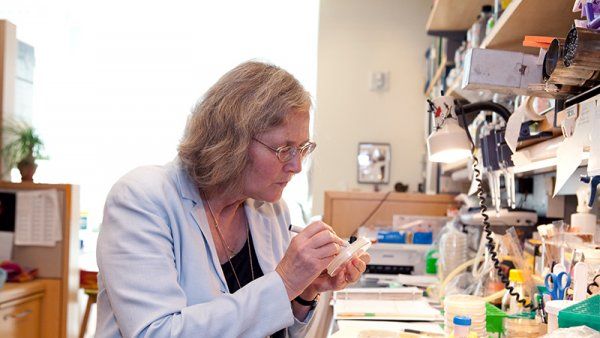Periodic paralysis study reveals gene causing disorder
Scientists have identified a gene underlying a disease that causes temporary paralysis of skeletal muscle. The finding, they say, illustrates how investigations of rare genetic diseases can drive insights into more common ones.


